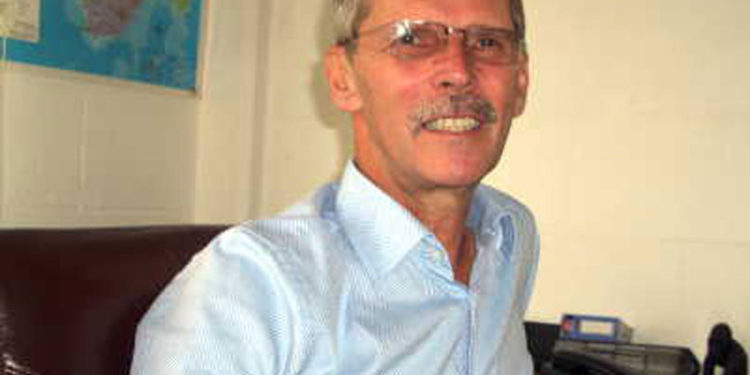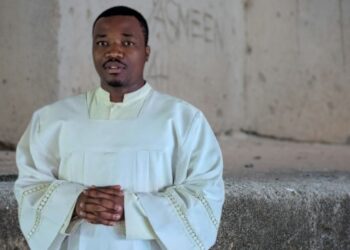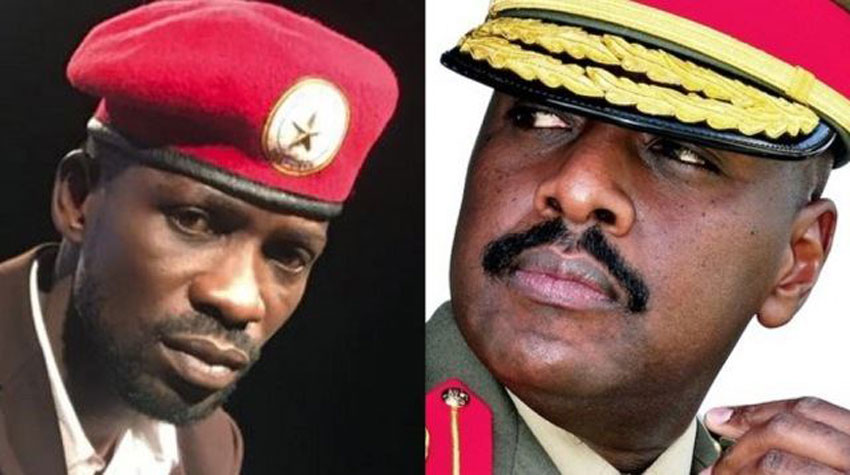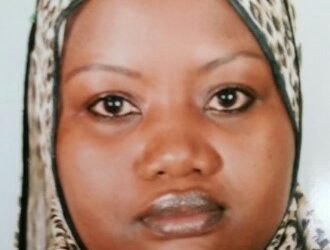There is always a delicate balance in foreign relations for any country. Henry Kissinger brokered the deal that built the relationship between Mao Zedong and Richard Nixon, ushering in decades of peace and trade between the two nations. It is only recently that this relationship appears to have broken down, with China asserting itself in the region of the South China sea and indeed as a world power. African nations often find themselves in the position of either being ignored by the big powers or being courted for their support in votes in the United Nations. When Russia invaded Ukraine, many African countries refused to take up the European and American position to embargo Russia and instead hedged their bets.
It was not necessarily a position of support for Russia, more one of sitting on the fence. This has led to Russia currying favour in African nations, including Uganda, with a visit from the powerful Russian foreign minister, Sergei Lavrov. Russia has also positioned itself as the protector of traditional family values, unlike the United States which is being portrayed as having lost its moral compass (the fact that Russia invaded its neighbouring country does not appear to have any bearing in this self-assessment). On the other hand, Uganda has always been seen by the USA as a power broker in East Africa and the troubled horn of Africa. Ugandan troops were key in bringing some semblance of order to Somalia and preventing a second civil war in South Sudan, making President Museveni a strategic ally of the United States.
The balance of power in Africa was complicated by the entry of China as a major player pursuing their policy of the belt and road initiative. Aid from the USA was hedged about with many conditionalities; aid from the EU was slow and bureaucratic; World Bank loans were difficult to draw down, but China made loans available fast and with few conditions, like a local money lender. Within a few decades China had established itself as a player on the African continent, with many countries having national assets mortgaged to their new benefactor. This may have caused somewhat of a backlash, but for many countries the realization that China was not doing them any favours came too late. The new Kenyan administration must deal with what they inherited from the previous administration in terms of high indebtedness to China and the possibility that some assets could be taken over. The strategy of the Chinese government was a joint public private approach in which private Chinese companies received the financial support of central government to wage commercial war against competitors until they dominated sectors of the market such as road building.
Russia does not have the same buying power as China and was not all that interested in Africa before the Ukraine conflict. But what they could not provide in hard cash, they have now positioned themselves to provide in terms of support for traditional family values. This has brought back echoes of the cold war in which African leaders had the simple choice between support for the USSR or the USA. Leaders such as Patrice Lumumba who were veering towards the Soviets were eliminated in order that pro-western leaders could be substituted. Even Amin’s over-throw of Obote initially had the tacit approval of the colonial powers because Obote was seen as having a socialist agenda. In the long run none of this ended well for any of the parties involved, which makes one wonder how another stand-off between the western powers, with the European Union and the USA on one side, the Russians on the other, and Africa in the middle, will work out. To come closer to home, the passing of recent legislation by the Ugandan Parliament has put the President in an invidious position. He must make a choice between the support of the western powers, or the support of his voters backed by Russia. He could sit on the fence, but the story of Humpty Dumpty who sat on the fence (or in his case the wall) and had a great fall, does not augur well. It seems that in such foreign policy dilemmas there are no winners.
Do you have a story in your community or an opinion to share with us: Email us at editorial@watchdoguganda.com











